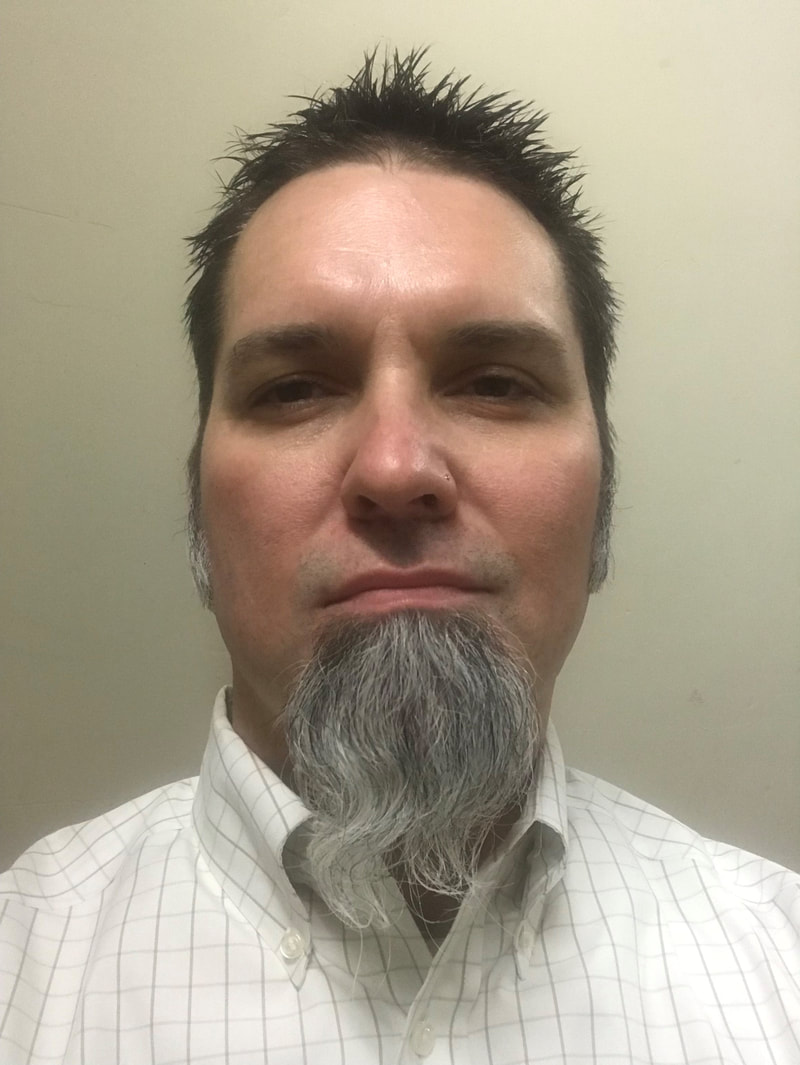I was somewhat nervous going in to the one with the San Antonio Board of Realtors (SABOR), expecting it to be about topics I was still brushing up on. To my relief, I was reasonably well-versed in the subject matter.
Plus, after calling dozens of them and/or their clients (property owners) requesting permission to place my signs on their property, I’d unexpectedly been handed an issue that I thought would be salient with them; my opponents were doing it without extending that courtesy.
Not only was this borderline trespassing and vandalism, but it violated city code. Plus, there were some basic constitutional implications involved. Alas, they endorsed Councilwoman Melissa Cabello Havrda.
Being a rookie at this, I didn’t dwell on it. Since then, however, I’ve connected some dots that have led me to an “ah-ha” moment.
Councilwoman Havrda recently earned a real estate license. She also voted in February to put Prop A on the ballot, a proposal widely expected to give the city more leeway to get into the “affordable housing” industry.
Turns out SABOR “supports candidates and legislation that are favorable to” them.
This is what corporate welfare looks like at inception. The fact that Mayor Ron Nirenberg has added his voice to the growing, preposterous chorus of those including everything under the sun as “infrastructure” drives this home.
To be clear, having a career in the private sector while serving the public is a good thing, ideal even.
Candidates for public office come from all walks of life. They are a microcosm of community. Engineers, entrepreneurs, policemen, veterans, etc. It’s a wholesome mix of people who have excelled in diverse fields, pushing society forward.
These are the ideal folks to have in policymaking positions. Unlike those who have merely reported (media) or done studies (academia) on, or been in government their entire adult life, these professionals have actually gotten their hands dirty.
That is of course, unless they failed in industry, and intend to change the rules of the game once elected. Or, they go to cook up a gravy train, made easier in my lifetime as budgetary discipline has given way to the public credit card.
Either way sets them up for a cushy post-political career, whether in helping a company navigate the bureaucratic thicket they helped create, or guiding them to the trough of pork.
When/if citizens start to detect a stench of corruption, they and their colleagues can simply throw a couple laws at the issue to show that they’re “doing something.” Bans on future lobbying work come to mind.
As with most issues in our politics however, that’s merely putting a band-aid on a wound that needs to be closed with stitches; the festering gash known as government spending.
As long as we have politicians pilfering productive citizens, thinking they’ll be the ones to finally solve the riddle of central planning, we’ll have cronies lobbying for a spoonful of the slop that taxes and borrowing become.
The only real skill they need is schmoozing.
The government and its beneficiaries don’t have to labor in a competitive setting, nor does their survival depend on pleasing the customer. All they need is their mole on the inside to keep the scales tipped in their favor.
If this imbalance isn’t properly corrected, but instead continually papered over with more “anti-corruption” legislation, we’ll arguably end up with more of the worst revolving door of make-work citizen legislators: lawyers.
Ever wonder why we have more of those than any other country on the globe?
Folks that engineer this boondoggling aren’t necessarily corrupt. But as the late John McCain lamented regarding his involvement in the Keating Five scandal, “the appearance (of) impropriety (is) just as important.”
At the very least it sets the stage for crony capitalism. This in turn emboldens government activists, who’ve either been played for fools, or are in cahoots with their policymaking benefactors.
It gives them the ammunition they need to claim that “capitalism is broken,” when the only thing that’s really broken is government.

 RSS Feed
RSS Feed